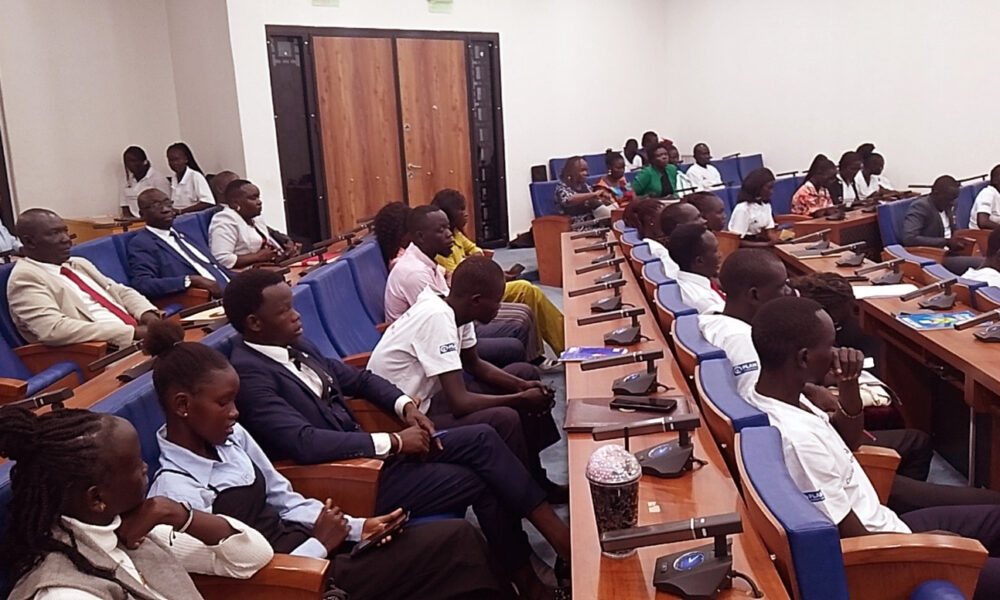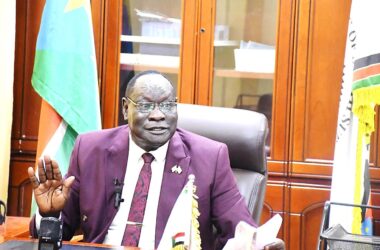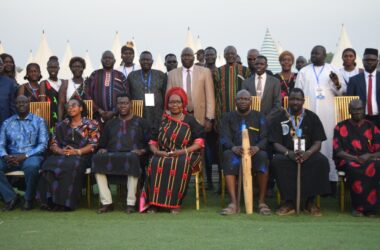By Lodu William Odiya
Children and youth parliamentarians are urging the government to significantly increase budgetary allocation to the education sector to curb skyrocketing tuition fees, which they say are preventing thousands of young people from accessing learning.
The call was made during a debate on youth inclusion in governance and policy-making held yesterday at the Transitional National Legislative Assembly.
Yama Kasara William, Chairperson of the Children and Young Parliamentarian Education Specialized Committee, emphasized that prioritizing education funding is essential to national development and immediate family relief.
“The government should prioritize education in its national budget, allocating a large portion of financial resources to the education sector. This will help reduce costs for families and improve the quality of education,” Kasara stated.
Kasara noted that high fees remain a major barrier, calling on the Ministry of Finance and the Ministry of General Education and Instruction to collaborate and ensure adequate budgetary support for schools, scholarships, and infrastructure.
The committee also highlighted the discrepancy between policy and reality. Kasara recalled that in February 2023, President Salva Kiir introduced a directive intended to ensure primary and secondary education is free nationwide.
“Despite Kiir’s remark, some schools still ask for more money, including government schools, even though the government offers capitation grants for development,”. “The fee increment is not only for the government school, but also private sectors are skyrocketing, making education in South Sudan face challenges, primarily due to the high costs associated with it.” she noted
The Education Committee, tasked with researching the high cost of learning including for children with disabilities recommended three key strategies to make education more accessible and affordable:
Establish programs to assist economically disadvantaged families, funding these through partnerships with NGOs and international organizations, engage local communities in school governance to foster ownership, encourage contributions to funding and maintenance, and help reduce operational costs.
Implement flexible education models, including vocational training and community-based learning, which offer affordable options for youth unable to attend traditional schools.
Igama Stephen, another young parliamentarian, added that encouraging partnerships between the government and the private sector could lead to innovative cost-reduction solutions.
Stephen also called for leveraging technology to improve access, particularly in remote areas. “E-learning platforms can provide affordable resources and learning materials where access to physical school is limited,” he said.
Furthermore, he stressed the need for investing in teachers. “Investing in teachers’ training ensures that educators are well-equipped to provide quality instruction. Providing incentives for teachers to work in rural or underserved areas can improve access to education,” Stephen underlined.
The education system in South Sudan continues to be challenged by limited resources, historical disruption, and ongoing conflict and flooding, making the policy decisions highlighted by the young leaders critical for providing a structured framework for future l



